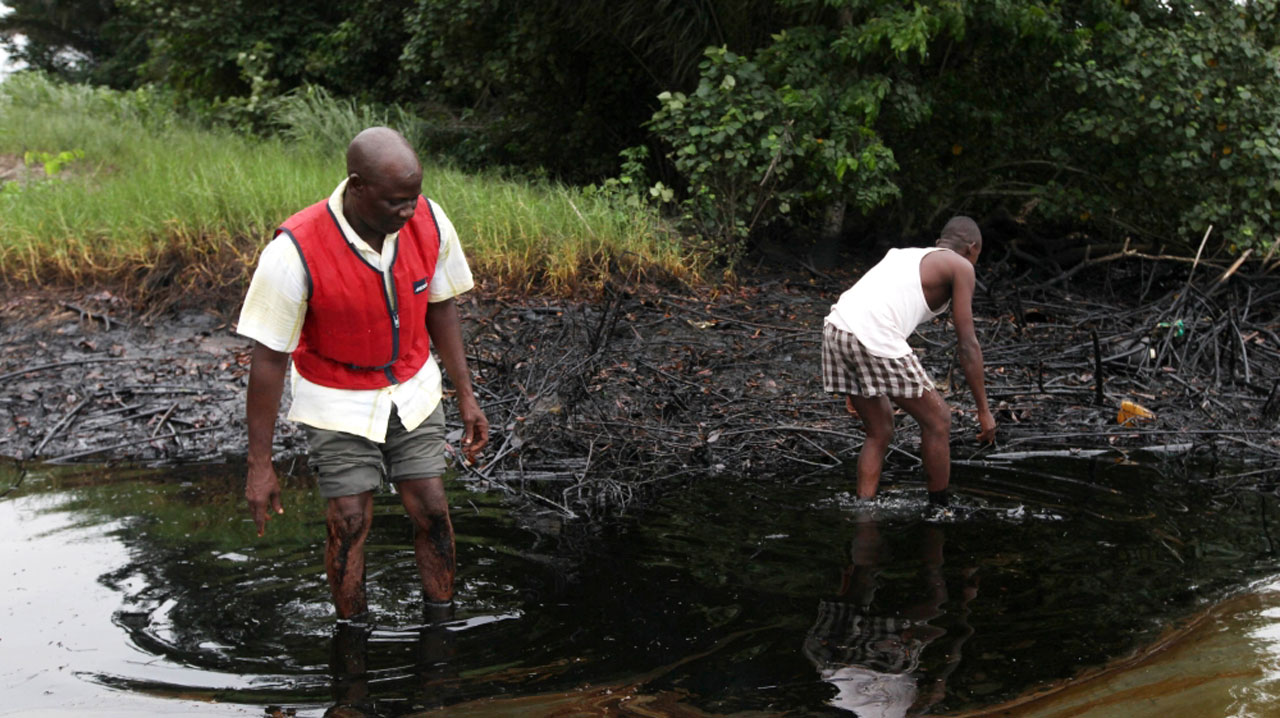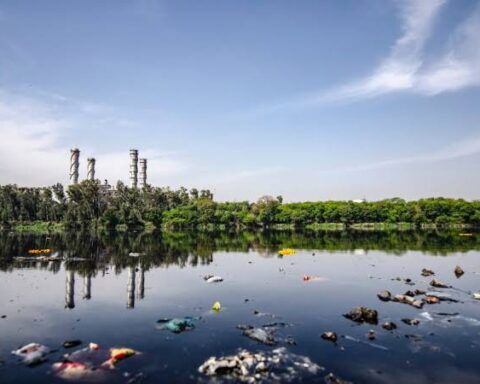Environmental experts and advocates have called for urgent measures to address decades of oil pollution and the impact of climate change on marginalized communities, particularly in Nigeria’s Niger Delta region.
Speaking during a one-day webinar organised by the Health of Mother Earth Foundation (HOMEF) USA hub, experts proposed comprehensive environmental audits, health assessments for affected communities, a transition to renewable energy, and increased community-led initiatives to mitigate the crisis.
The webinar, featuring Nicholas Johnson and Nnimmo Bassey, highlighted the devastating effects of fossil fuel dependency and climate change. Participants noted that marginalized communities disproportionately bear the brunt of environmental degradation, largely caused by the production and consumption of dirty energy.
Nicholas Johnson stressed the need for solidarity with affected communities, noting that unsustainable consumption patterns exacerbate environmental degradation. He also outlined critical areas requiring attention, including pollution cleanup, ecological studies, corporate accountability, grassroots activism, and the intersection of climate change and human rights.
HOMEF Executive Director Nnimmo Bassey decried environmental degradation, which is undermining human rights, particularly the right to life. He called for participatory ecological impact assessments in decision-making and emphasized learning from communities affected by oil extraction.
“Payment of climate debt is the right way to handle climate finance,” he stated, arguing that addressing the origins of climate injustice is essential for sustainable solutions.
The webinar emphasized the importance of international solidarity with affected communities.
HOMEF USA urged global stakeholders to support demands for environmental justice and human rights, aligning with the urgent need to protect stranded communities.
The discussions underscored that the path to ecological justice requires dismantling fossil fuel addiction, holding multinational corporations accountable, and promoting grassroots initiatives.
As the Niger Delta grapples with pollution and its consequences, participants agreed that comprehensive action is critical to safeguard lives and ensure a sustainable future for vulnerable communities.
By Dare Akogun








